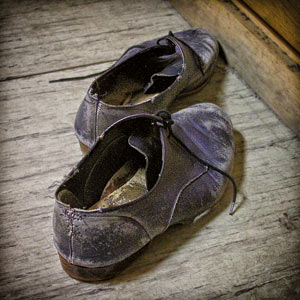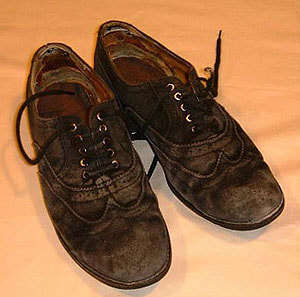David Bridgeman-Sutton is visited by the poetry muse as he discovers what the great ~ and not so great ~ poets have thought about organists
Organists' Anthology Part 1
Most poets see organists as incompetent, depressed and downtrodden. Consider, for instance, that well-known player whose "...fingers wandered idly over the noisy keys".
We all know organists like that; they serve up vague successions of chords, occasionally working in a line or two, imperfectly remembered, from a hymn tune, and call the result an extemporisation. Here we have one more-than-usually lacking in the elements of musical understanding:
We all know organists like that; they serve up vague successions of chords, occasionally working in a line or two, imperfectly remembered, from a hymn tune, and call the result an extemporisation. Here we have one more-than-usually lacking in the elements of musical understanding:
". . . I struck one chord of music
Like the sound of a great Amen."
Like the sound of a great Amen."
It was a player like this, unable to distinguish a chord from a cadence, who inspired the lines from the glory days of the Wild West:-
|
"Hold your fire.
"Save your shot; "Although he's dire. "He's all we've got". Well, they did hold their fire: afterwards, many considered this to have been a mistaken policy.
Dante wrote a canto of the Inferno dealing specifically with the sufferings of organists in their specially-reserved circle of Hell. All who read it went mad so it was not published; brief extracts now appear for the first time:- |
|
"He plays too fast, he plays too loud,"
Thus sang the choir - a sorry crowd. "It is so soft, we cannot hear, Tunes slow as this make us no cheer!" So sang the people in the pew, Muttering darkly, "This will not do!" Chorus of Organists: This is our story, this is our song: "We try to act rightly; we know we'll be wrong!" |
Faced with such problems, organists become withdrawn, introspective and unduly attached to inanimate things. David Setchell won a prize on Dan Long's BACHorgan.com with his tribute to the "flaps of ancient suede" that adorn his feet when he plays:-
"You've heeled and toed your fetid way
Through every piece I've dared to play,
With never a grumble or a whine
About a tricky fugal line.
Through hymns galore my feet have ploughed -
The Bass part ringing clear and loud:
And with malodorous precision,
You have controlled my Swell division."
Through every piece I've dared to play,
With never a grumble or a whine
About a tricky fugal line.
Through hymns galore my feet have ploughed -
The Bass part ringing clear and loud:
And with malodorous precision,
You have controlled my Swell division."
Not all can cope with the pressure as Jessye Beecham's Lines From Colney Hatch show:-
"The wheeze of the bellows
And the squeak of the swell:-
These get to some fellows
And make their lives Hell;
It's the clack of the trackers
That's driven me crackers."
"The wheeze of the bellows
And the squeak of the swell:-
These get to some fellows
And make their lives Hell;
It's the clack of the trackers
That's driven me crackers."
During his time at Lincoln cathedral (1966-86), Philip Marshall produced his own original Christmas cards with verses commented on current musical events. Each was set in a scholarly and amusing way. That for 1969 went:
Allegro con spirito
God rest ye merry organists,
Let nothing you dismay:
For though 'pop' services are here,
They soon will pass away.
So couple up your heavy reeds
And string my cheerful lay.
L'istesso tempo, ma con malencolia
We're now frustrated organists,
O tracker lack a-day!
We've only got Scharfs and Larigots
To shriek your loathsome lay:
And we CAN'T couple heavy reeds
(Ralph Downes has taken them away).
That says it all.
Allegro con spirito
God rest ye merry organists,
Let nothing you dismay:
For though 'pop' services are here,
They soon will pass away.
So couple up your heavy reeds
And string my cheerful lay.
L'istesso tempo, ma con malencolia
We're now frustrated organists,
O tracker lack a-day!
We've only got Scharfs and Larigots
To shriek your loathsome lay:
And we CAN'T couple heavy reeds
(Ralph Downes has taken them away).
That says it all.
David Bridgeman-Sutton,
October 5, 2003
October 5, 2003



